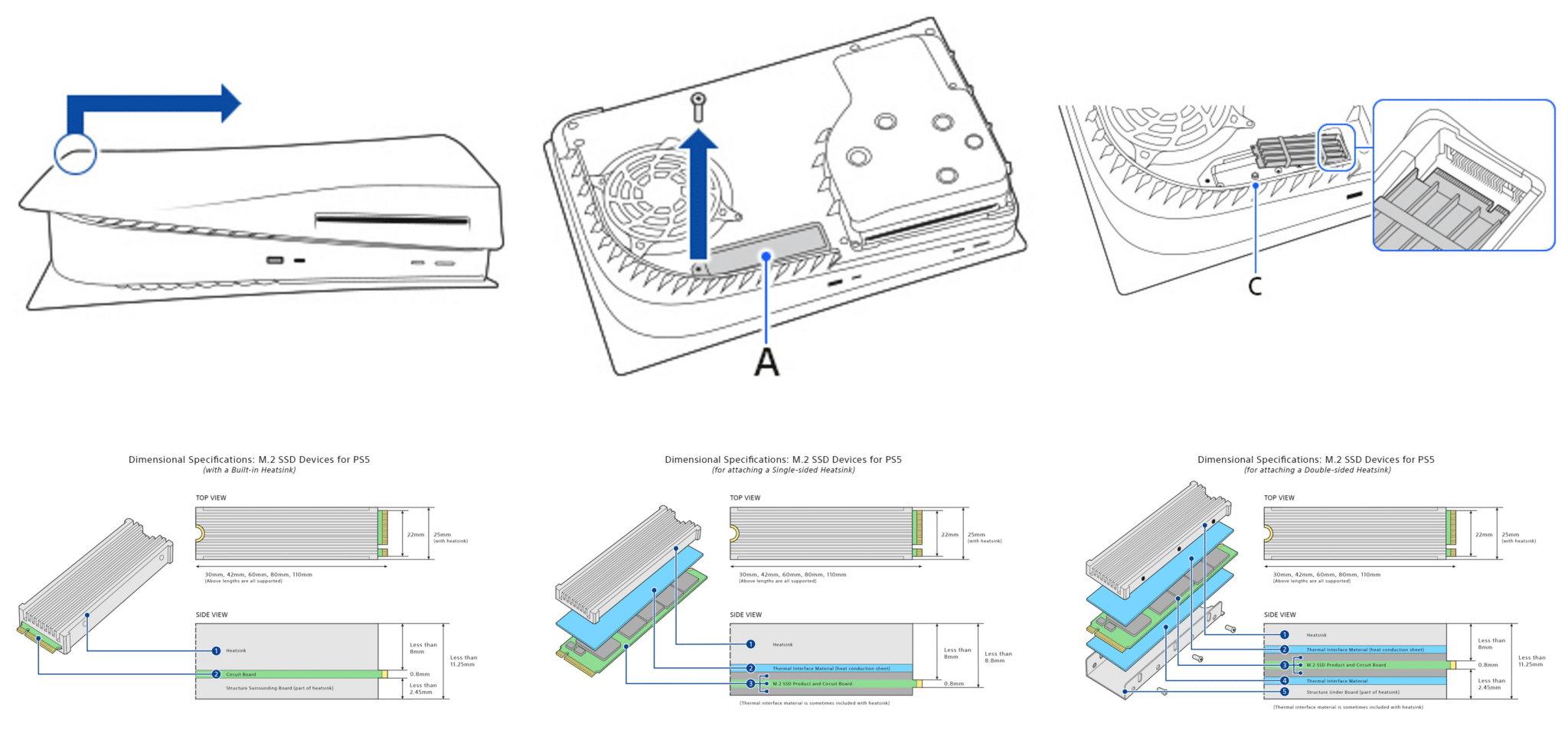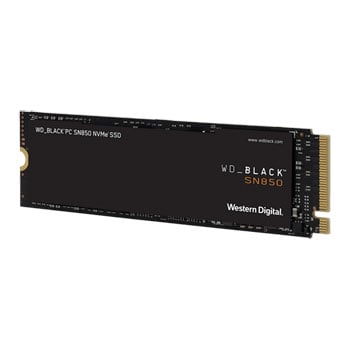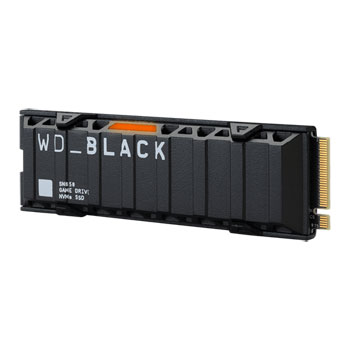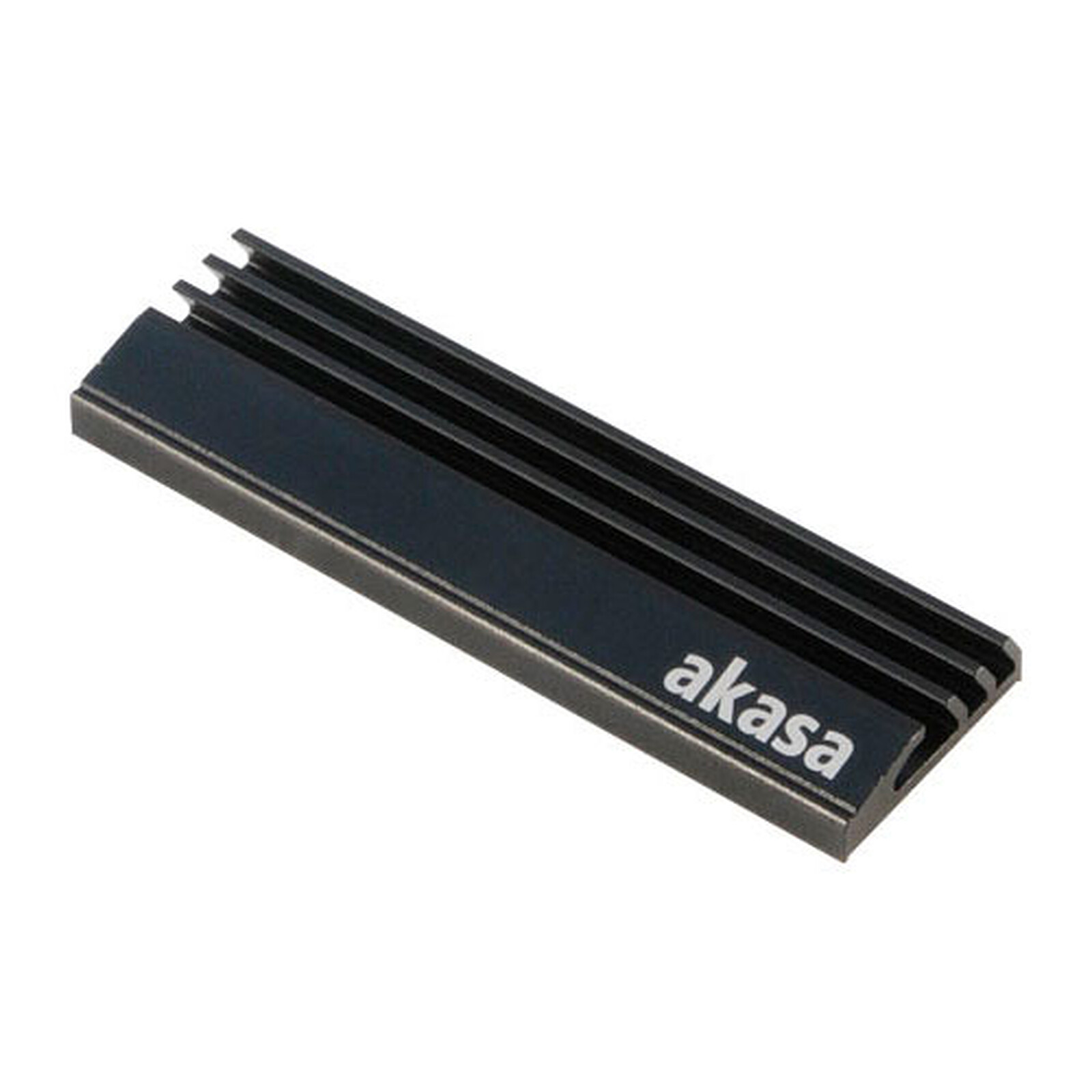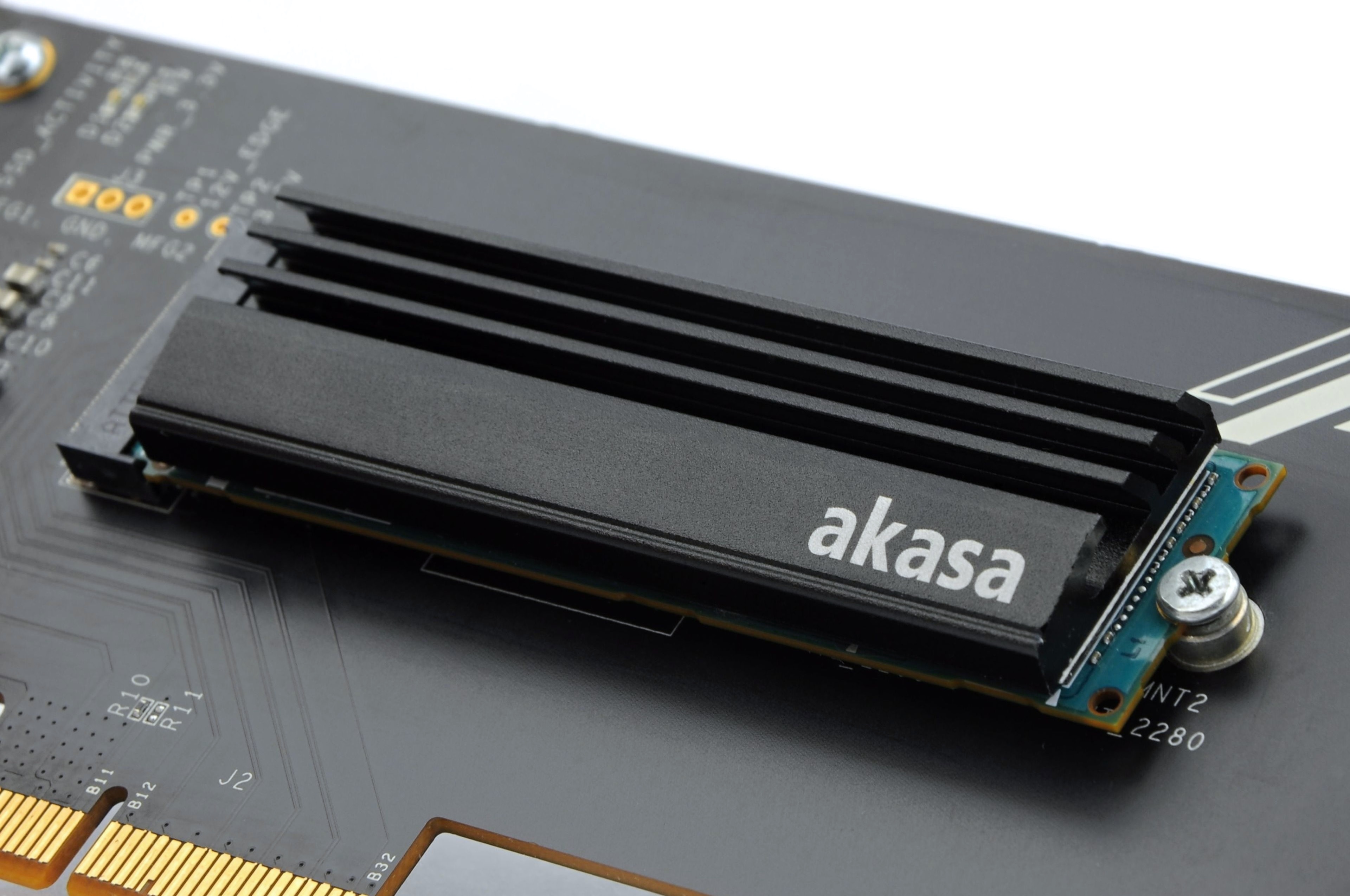I'm just going to cut to the chase because this is what I think is bothering you enough to reply. There is a narrative, I am not insinuating an ulterior motive. I am emphatically stating there is an ulterior motive to the narratives certain people push. If you are not one of those then simply ignore and move on.
Fair enough.
It's not that hard to see.
This is where I disagree; if you're looking for it, you will find it. But it's been a very long time since I've specifically seen anyone pushing that type of narrative regarding the SSD expansion for PS5 as a way to belittle it. That's not only here, but on other forums too.
At most, I've probably seen some dolts doing it in the comments of Youtube videos or on Twitter, but I don't go to those places for serious gaming discussion.
In this very thread people are championing proprietary storage expansion and bemoaning Sony using open market solutions that they have been doing since PS1 (CD, DVD, Bluray, HDD, M.2 NVMe SSD).
TBH I would not place CD, DVD or Blu-Ray as equivalent to the SSDs when it comes to open market solutions. Those other three were for game delivery; the SSD can somewhat be used as a method for delivery if you ignore the internet itself acting as the pipeline to download the data to the drive, but it's mainly a storage medium of some archival quality type.
Which, in a way CDs etc. also are for, but the primary use-case in the commercial side of the industry is quite different from the SSD. I also wouldn't say Blu-Ray was a particularly "open market" solution; it was a proprietary format in competition with HD-DVD and won out in the end, but during that earlier time the market was essentially split between two proprietary formats fighting it out for standardization.
It was the same stupid narrative people pushed with Xbox 360 HDD expansion vs PS3 standard 2.5" HDD. You don't even need to read far back in this very thread to see where I call out the price differential between the two solutions in favor of open market storage solutions.
I suppose, but I don't see how that is necessarily relevant to the current situation with the new systems. From what Microsoft's described for their expansion storage, their end-goal seems to take them more on the path of memory cards, with select manufacturers making their own which should offer some incentive for competitive pricing and features between the options, but all of them guaranteed to provide a similar performance profile.
Their approach is the safer and more narrower of the two, at least to start out, but I don't see pricing differences being stark between their and Sony's approach once everything's up and running on both sides.
Speaking of insincere motives. I recall Microsoft talking about Velocity architecture unlocking new ways for developers to load 100GB game data instantaneously or just in time for when the game needs it. I recall you saying the GPU has direct link and can work with files directly from the SSD skipping the RAM entirely.
Yeah, but that was always just personal speculation. I never stated it as a fact, and usually tried testing that against other ideas, too. As I learned more about how these technologies really worked, I gave up on that idea. To my knowledge, I never used it as a way of being hostile or negative towards the PS5.
However it was part of my idea that Sony and Microsoft were taking apples-to-oranges approaches to their SSDs that would essentially bring equal levels of performance despite some on-paper specs, and I still stand by that, as we have enough real-world proof now to do so. Of course, that's not without pointing out specific benefits or advantages on certain sides, for example compression of certain game files seems to be better on Sony's solution with various 3P games.
I recall saying that is not possible, they are just loading data into RAM faster as needed rather than caching lots of unneeded files in RAM waiting to be used. Obviously a faster SSD affords you to have less RAM parked. That is QoL improvement to developers and how that manifests in game design we have seen some-worth as Demon's Souls for instance loads a lot fo detail just in time according to the developers.
Yes that's true. But if you want to talk about insincere motives, there were a lot of people going back and even some now, who were still clinging to the idea that such types of detail would not be possible on the Microsoft systems, due to the (on-paper) lower peak sequential read bandwidth figure. And at that time I was saying that people need more info on the storage solution and other aspects of the storage, the NAND being used etc. before trying to claim that.
Truth is we now have games on systems from both accomplishing use of a smaller RAM footprint for cached data due to improvements in data streaming from the SSDs. You already mentioned Demon's Souls Remake, and I think we can comfortably throw Flight Simulator 2020 into that same type of list from Microsoft's side. As the generation goes on we will see many more games from platforms of both platform holders that realize that idea.

